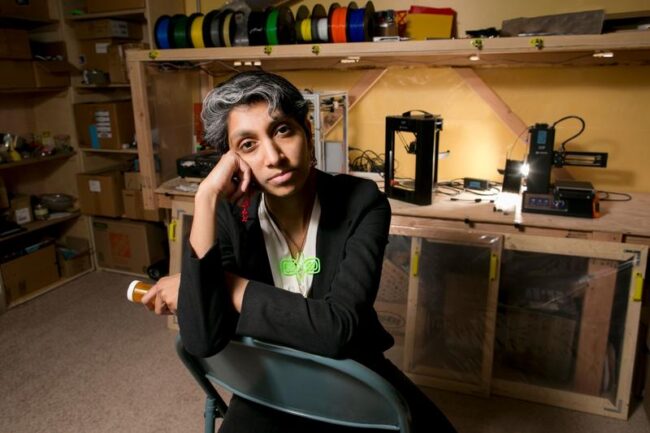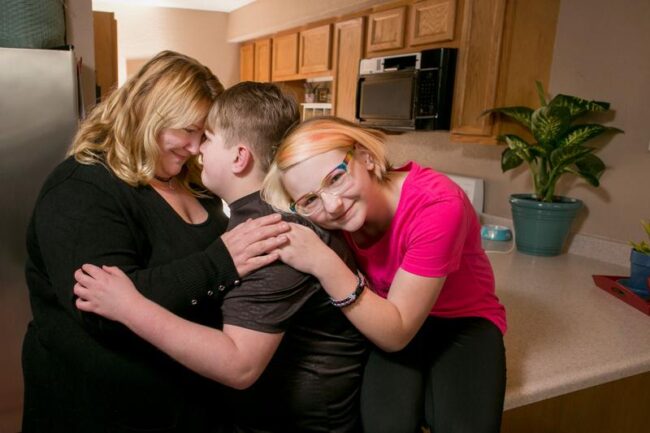Center for Community Engagement in Health Innovation
The health care landscape in the United States is undergoing significant transformation. That means big changes are being made to how health care is delivered, paid for and experienced. Community Catalyst is working to make sure those innovations work best for people, especially those most harmed by the health system today.
In 2015, Community Catalyst established the Center for Community Engagement in Health Innovation (previously called the Center for Consumer Engagement in Health Innovation) to ensure that innovative change in the health system works for and is accountable to the people who most need it, particularly those with complex health needs, people with disabilities, and older adults. Consistent with our values anchored in race equity and health justice, our work is focused on changing the health system alongside systematically excluded communities, including Asian, Black, Indigenous, Latinx, Pacific Islander communities, and LGBTQ+ people, older adults, women, immigrants, and people with disabilities.
Our work is anchored in a relentless focus on centering those who are excluded from—or harmed by—current health policy, research & practice due to racism, classism, ageism & other forms of oppression.
The Center fuels Community Catalyst’s approach to Health System Innovation is deeply rooted in community engagement and working together to address the challenges people face every day when experiencing care. We work with a dynamic network of advocates across the country to foster meaningful connections, improve systems, and bring community-led and person-centered health innovation concepts to life.
This uniquely positions Community Catalyst and our partners to identify and shape local, state and federal policy solutions, as well as system-level change, that have a real and lasting impact on people – whether it be value-based care that prioritizes the patient experience, workforce innovation or health information technology.
We know that health innovation — changing how care is delivered and paid for — won’t make our system better if the people impacted most aren’t centered in the process from beginning to end.
Our goal is to improve how people and communities experience the health system, and ultimately their health outcomes and wellbeing. So far, we have led local, state and federal health innovations, from incubating the creation of the Commonwealth Care Alliance alongside partner organizations – a groundbreaking delivery system in Massachusetts which is held up as a national model across the country for individuals with the most significant needs – to helping shape the design of demonstration projects for people dually eligible for Medicare and Medicaid in more than a dozen states.
These deeply rooted relationships and explicit focus on meaningful community involvement – including community engagement, collaborative/participatory models and community-led or co-design practices – fuel the innovative thinking that Community Catalyst is known for.
Community Stories
The Center’s work at a glance
“The Hispanic Alliance is committed to health equity and justice. Community Catalyst’s policy analysis and report describing how community benefit can be used to achieve health equity exceeded our expectations. They have provided the Alliance with a rationale and framework for strengthening community engagement that better prepares us in making our case to area hospitals and state policymakers.”
“I want to express our deepest gratitude to the members of the Advisory Councils for their hard work on the Strategy. ACL also thanks our partners, without whom this important work would not have been possible: The John A. Hartford Foundation, the National Academy for State Health Policy (NASHP), Community Catalyst, the LeadingAge LTSS Center @UMass Boston, the National Alliance for Caregiving, and the panel of nationally recognized experts on family caregiving convened by NASHP to support the RAISE advisory council.”
Read more testimonials from our partners
Read more testimonials from our partners




